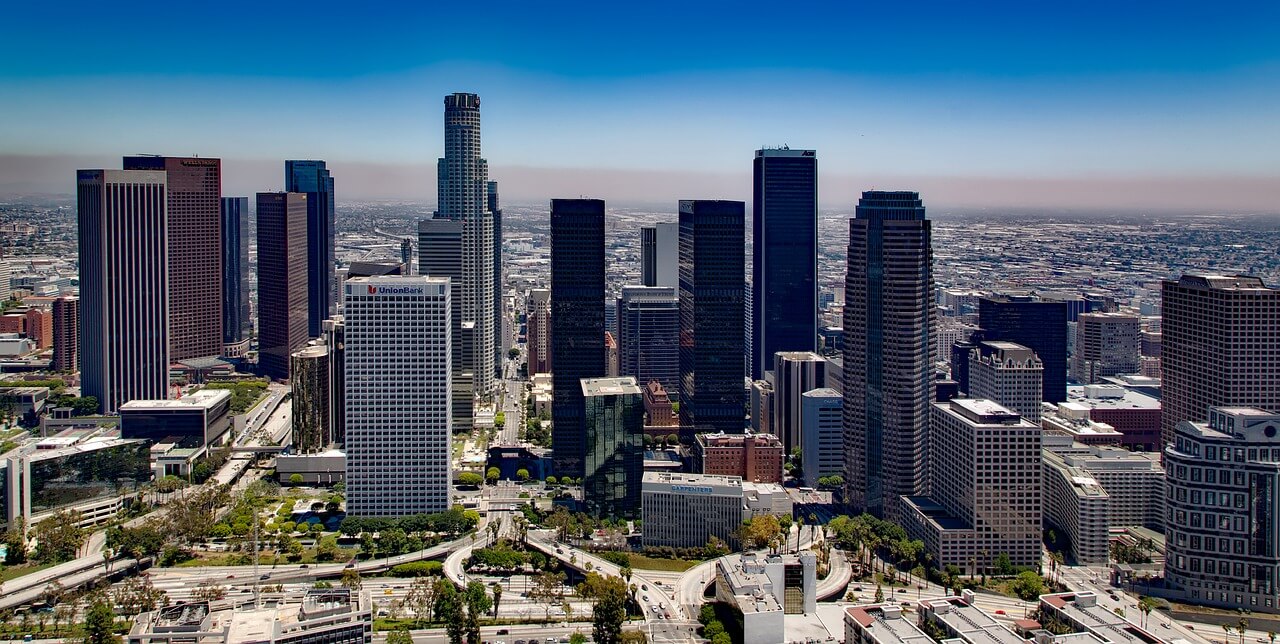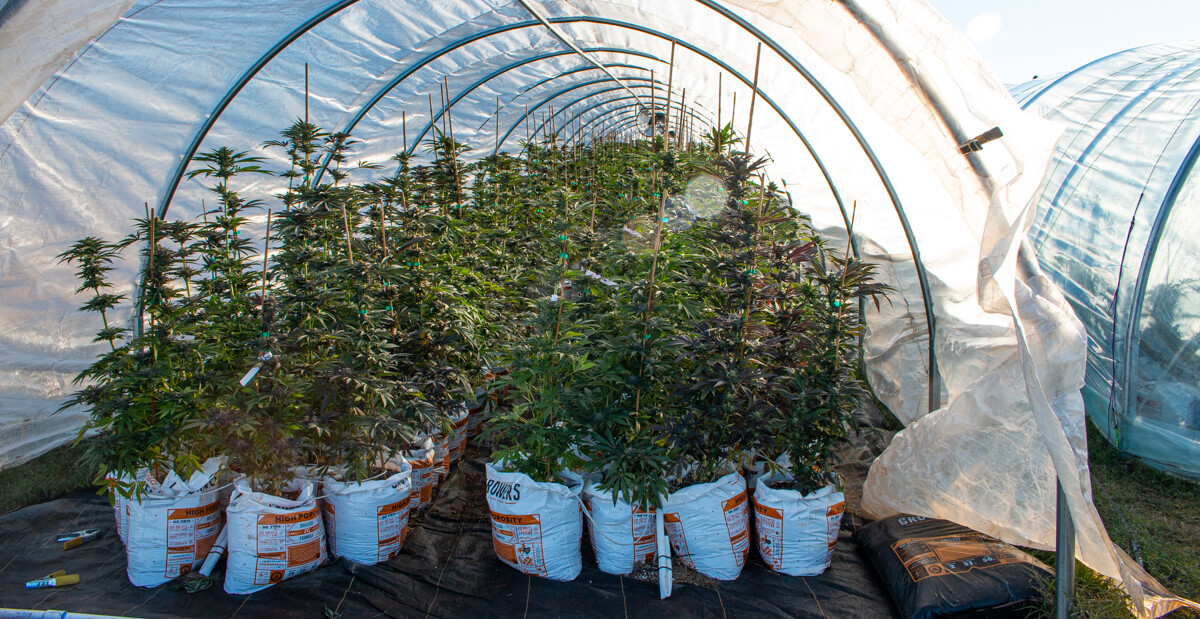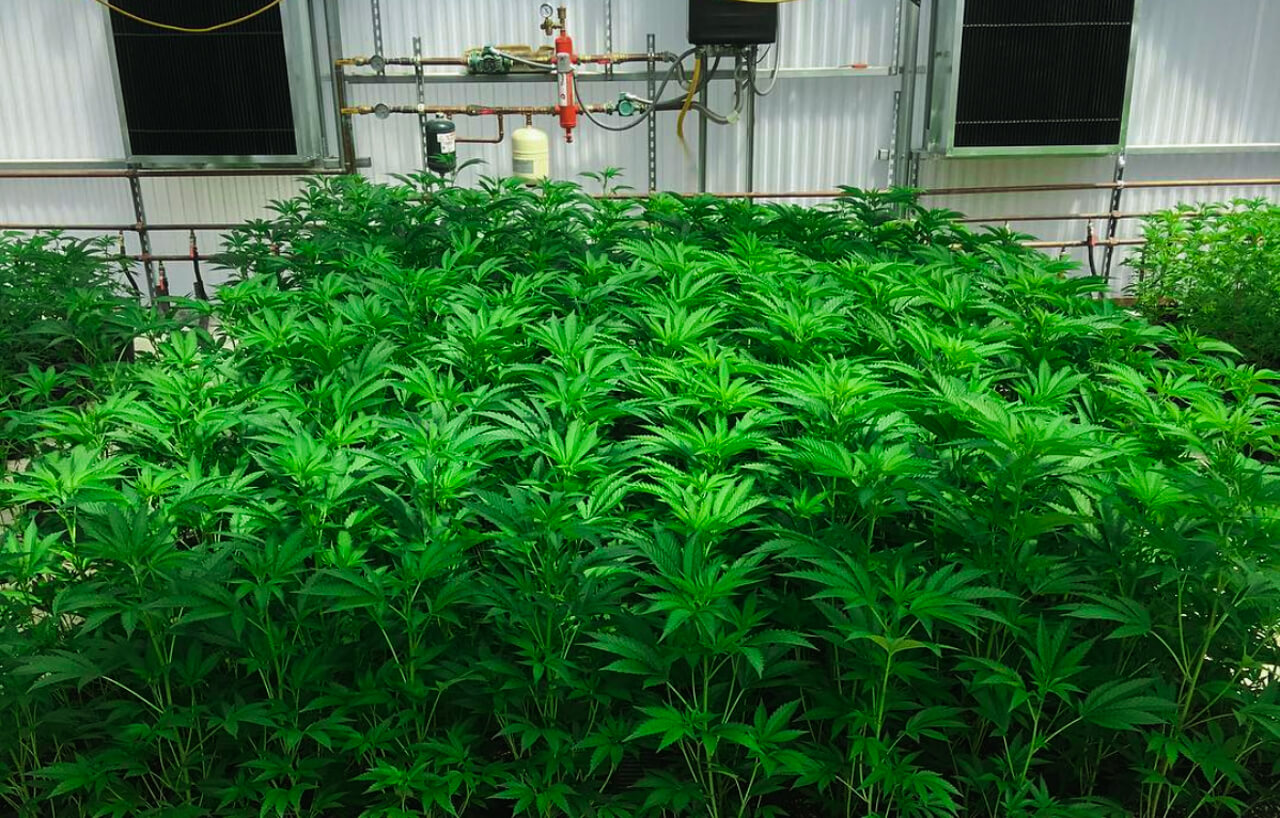
by The Real Dirt | Dec 29, 2020 | 420 News, Blog, Business, Cannabis Law, Culture

By making local officials the gatekeepers for million-dollar businesses, states created a breeding ground for bribery and favoritism.
Jasiel Correia’s star was rising.
The son of Cape Verdean immigrants in the working-class Massachusetts port city of Fall River — famed as the home of Lizzie Borden — Correia was a home-grown prodigy. At 23, he was elected mayor, fielding congratulatory calls from Sen. Elizabeth Warren and Rep. Joe Kennedy.
That was in 2015. Four years later, just a week before his reelection race, federal agents ignominiously led him away from his home in handcuffs and charged him with attempting to extort cannabis companies of $600,000 in exchange for granting them lucrative licenses to sell weed in his impoverished city.
“Mayor Correia has engaged in an outrageous brazen campaign of corruption, which turned his job into a personal ATM,” declared U.S. Attorney Andrew Lelling during a press conference announcing the charges.
The downfall of Fall River’s young mayor wasn’t just a tragedy for the thousands of people who invested their hopes in him: It was emblematic of a rash of cannabis-related corruption across the nation, from Massachusetts to California to Arkansas and beyond.
In the past decade, marijuana legalization for adults over 21 has been passed in 15 states, and another 17 have legalized medical marijuana. But in their rush to limit the numbers of licensed vendors and give local municipalities control of where to locate dispensaries, they created something else: A market for local corruption.
Almost all the states that legalized pot either require the approval of local officials — as in Massachusetts — or impose a statewide limit on the number of licenses, chosen by a politically appointed oversight board, or both. These practices effectively put million-dollar decisions in the hands of relatively small-time political figures — the mayors and councilors of small towns and cities, along with the friends and supporters of politicians who appoint them to boards. And these strictures have given rise to the exact type of corruption that got Correia in trouble with federal prosecutors. They have also created a culture in which would-be cannabis entrepreneurs feel obliged to make large campaign contributions or hire politically connected lobbyists.
For some entrepreneurs, the payments can seem worth the ticket to cannabis riches.
For some politicians, the lure of a bribe or favor can be irresistible.
Correia’s indictment alleges that he extorted hundreds of thousands of dollars from marijuana companies in exchange for granting them the local approval letters that are necessary prerequisites for obtaining Massachusetts licenses. Correia and his co-conspirators — staffers and friends — accepted a variety of bribes including cash, more than a dozen pounds of marijuana and a “Batman” Rolex watch worth up to $12,000, the indictment charges.
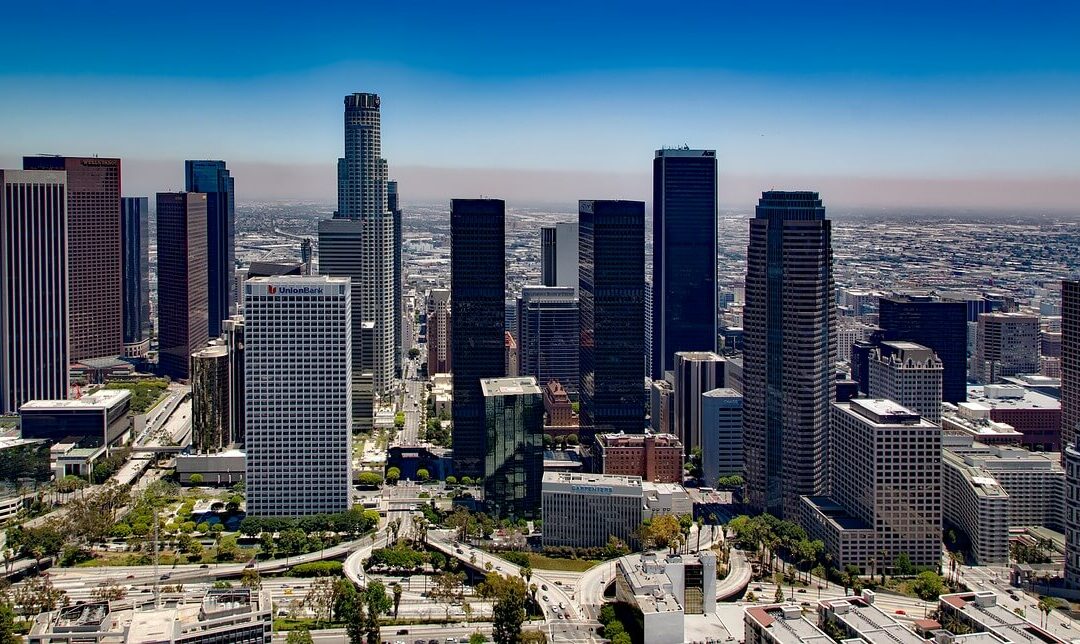
by The Real Dirt | Dec 28, 2020 | 420, 420 News, Blog, Business
At least 57 licensed cannabis companies in Los Angeles are poised to see their business permits yanked by city authorities at the end of the year – with no obvious way to get the licenses reinstated.
The licensees in question – which appear to be a mixture of retailers, distributors and perhaps other business types – represent roughly 14% of the 418 marijuana business permits issued to date by the city, according to the L.A. Department of Cannabis Regulation (DCR).
Although the City Council has a motion pending to give the 57 companies a lifeline, the council is in recess until Jan. 8.
So it’s unclear if the Council would be able to act in time to save the businesses. But even the Council motion itself warns that all of the companies might be forced “out of business” next month.
The situation has many business owners “frantic,” said Jerred Kiloh, president of the L.A.-based United Cannabis Business Association (UCBA).
The situation
At issue is those companies’ annual license renewal applications and fees for 2021, which were due Nov. 2.
The vast majority of licensed cannabis companies in the city paid and got their paperwork in on time, but at least 57 failed to do so.
Under current city law – which was put in place in July 2020 – there’s no way to grant the businesses extra time, a DCR spokesperson noted in an email to Marijuana Business Daily.
“(City code) does not permit DCR to waive late renewals or allow reinstatements,” the spokesperson wrote.
After Dec. 31, 2020, according to the DCR website, all 57 licensees “will be required to cease operations and will not be allowed to engage in commercial cannabis activity until a new application is submitted to DCR and a new temporary approval or license is issued.”
So it appears all 57 will have to start from square one in applying for both local and state permits, a process that could take months, or even years, before those businesses can reopen.
At the moment, there appears to be little that can be done to avert the closures.
“Late renewals and/or reinstatement would require the City Council to amend the Los Angeles Municipal Code,” the DCR spokesperson wrote.
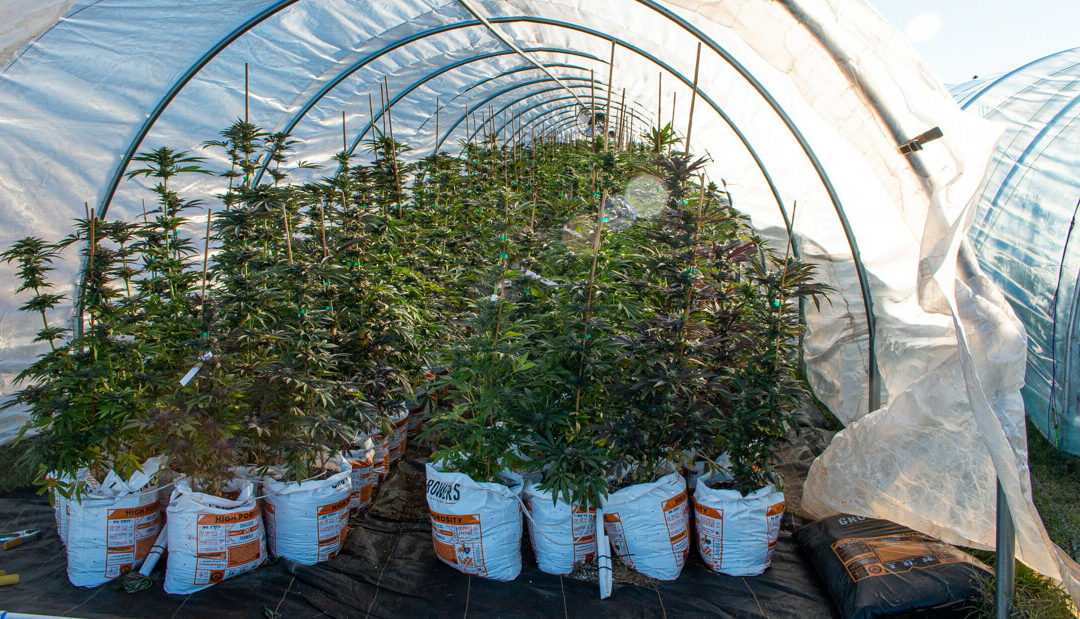
by The Real Dirt | Dec 23, 2020 | 420 News, Blog, Cannabis Law, Cannabis Law and Compliance
The measure now heads to Gov. Phil Murphy, who is expected to sign the legislation
Recreational adult-use marijuana is just a signature away from becoming legal in New Jersey after both houses of the state legislature passed legislation on Thursday to decriminalize and legalize the industry.
The measure now heads to the desk of Gov. Phil Murphy, who is expected to sign the bill into law.
The bill creates the organizational and regulatory system needed to oversee the industry in New Jersey. It will direct 70% of all sales tax revenue generated and all “social equity excise fees” on cultivators toward communities that have been most adversely-impacted by drug laws.
The other 30 percent of all sales tax revenue generated will go toward the operations of the Cannabis Regulatory Commission, as well as to support state, county and municipal law enforcement.
The five-member Cannabis Regulatory Commission will be tasked with governing the industry in New Jersey. It will include three members appointed by Murphy and one each nominated by Senate President Steve Sweeney and Assembly Speaker Craig Coughlin.
The measure will cap the number of statewide cannabis facilities at 37 for the first two years. Towns will be allowed to prohibit marijuana businesses in their communities, and those who choose to allow such businesses to operate will be permitted to collect and keep a 2% tax.
The legislation will provide for certain criminal and civil justice reforms, including the elimination of criminal penalties for marijuana possession. It will also regrade the unlawful distribution and possession of less than five pounds of marijuana or less than one pound of hashish.
Law enforcement officers across the state made over 24,000 arrests, or one every 22 minutes, for cannabis possession in 2012, which was more than in the previous 20 years. Marijuana possession arrests also made up for three out of every five drug arrests that year, according to Assembly Democrats.
Distribution of less than five pounds, but at least one ounce or more, of marijuana or distribution of less than one pound, but at least five grams or more, of hashish is punishable as a crime of the third degree under current law. Offenders can face imprisonment of 3-5 years and/or a fine of up to $25,000.
Smaller distribution amounts of less than one ounce of marijuana or less than five grams of hashish is punishable as a crime of the fourth degree under current law. Offenders can face up to 18 months in prison and/or a fine of up to $10,000.
The bill also includes business incentives for minorities, women and disabled veterans to help them partake in the industry.

by The Real Dirt | Dec 22, 2020 | 420 News, Blog
Bill Cobb uses medical marijuana to treat PTSD and chronic back pain.
“I’m a 50-year-old Black man who’s been a civil rights worker,” said Cobb, now a criminal-justice activist in Philadelphia. “I smoke to have my brain slow down. But to be honest, I also smoke because I enjoy it.”
Alleviating his physical and mental pain is difficult when he feels another sting: His doctor-recommended medicine is not covered by insurance. He pays out of pocket — as much as $120 a week.
“It’s way too expensive,” Cobb said. “It’s ridiculous.”
Other marijuana users in Pennsylvania agree. Surveys show that the Keystone State has some of the highest prices for medical marijuana in the nation.
Cannabis is most often sold in eighths of an ounce, which can be rolled into about seven joints. An eighth of Gorilla Glue 4 marijuana sells for $35 in California. It’s $40 in Maine. It costs $58 in Pennsylvania.
In Colorado, a full ounce of average weed often sells to consumers for $190. In Pennsylvania, the price is closer to $500. Some especially rapacious growers charge $600.
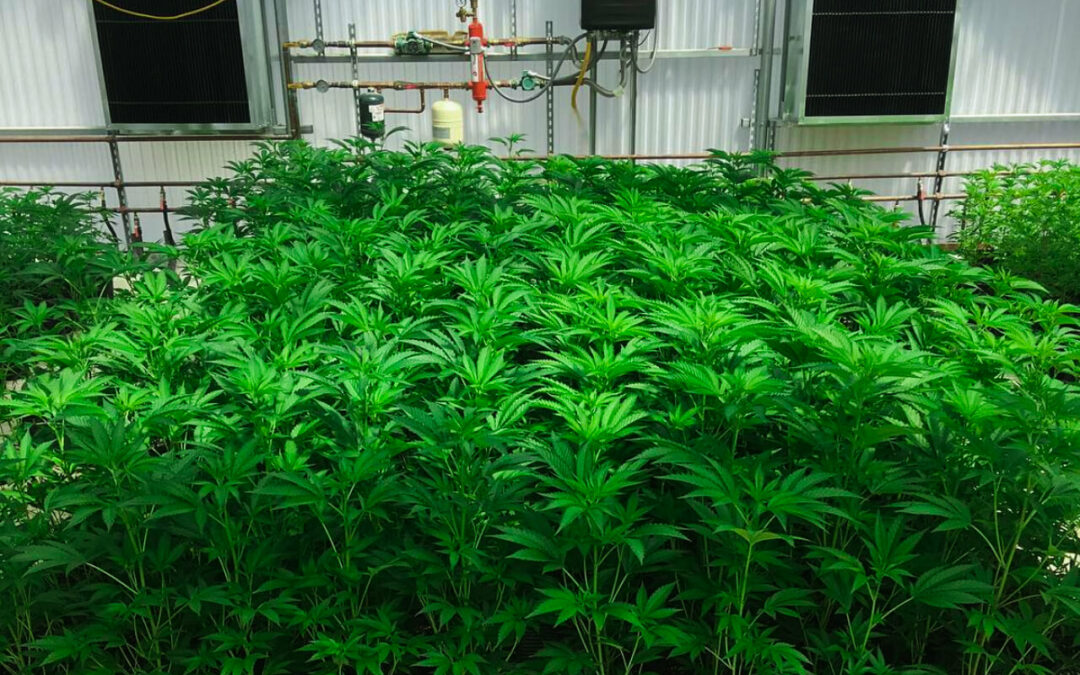
by The Real Dirt | Dec 19, 2020 | 420 Culture & Travel, 420 News, Blog, Cannabis Law, Cannabis Law and Compliance
Mexican president says delay is matter of “form, not substance” and expects approval in early 2021
The Chamber of Deputies last week put the brakes on the legalization of marijuana in Mexico. However, that country’s president on Tuesday said he expects approval in early 2021 of legislation decriminalizing possession and consumption of small amounts of marijuana.
“They asked the (Mexican) Supreme Court for an extension because the two chambers could not come to an agreement and they were running out of time to make revisions. But it’s an issue of form, not substance. I believe this will be resolved” in the next session, President Andres Manuel Lopez Obrador said in his daily news conference.
The Mexican Senate last month approved a landmark bill decriminalizing the possession of up to 28 grams (1 ounce) of the drug, allowing individuals to grow up to six plants and licensing production and sales. It also created a commission within the Health Department to regulate the cannabis law.
The Chamber of Deputies was under a Dec. 15 Mexican Supreme Court deadline to approve the law, but deputies asked for and got an extension through the end of April. The deputies are expected to pick up the discussion in early February.
“There is no opposition to what the Senate authorized regarding the medicinal and limited use of marijuana. It’s just a matter of errors, lack of precision about the amounts and other contradictions in the law itself, and that’s what will be resolved,” Lopez Obrador said.
If that happens, Mexico would be the second country in Latin America – after Uruguay – to decriminalize recreational use of small amounts of marijuana.
The premise might seem odd in a nation plagued by drug cartel violence and with rising rates of addiction in northern border cities. But experts say it reflects a change of attitude in Mexican collective thought and won’t necessarily fuel more violence or addictions.
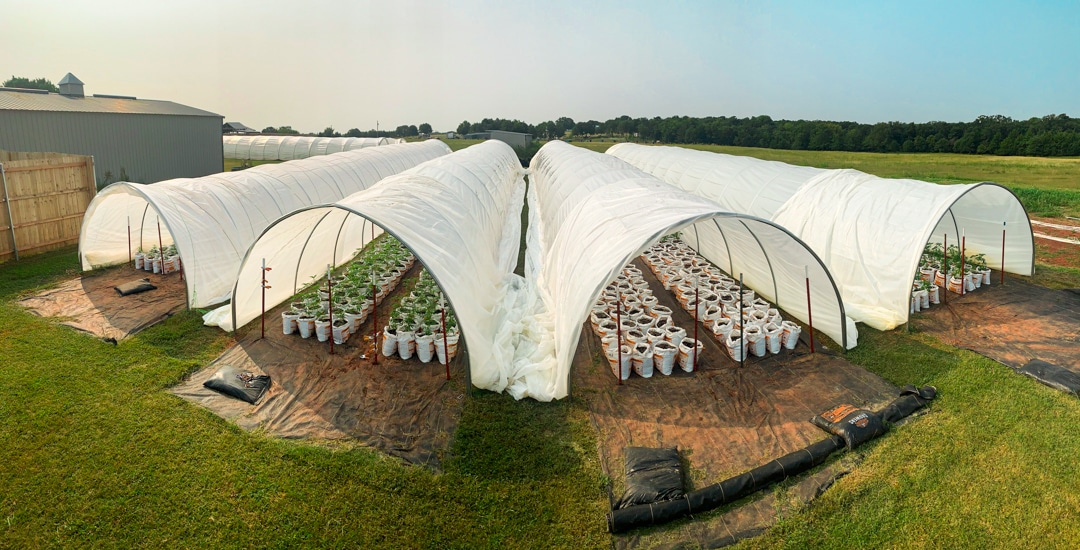
by The Real Dirt | Dec 18, 2020 | 420 News, Blog, Cannabis Law, Cannabis Law and Compliance
The Mississippi Medical Marijuana Association (3MA) is now accepting membership applications from business owners in the medical marijuana industry.
“We are so excited to officially launch this association,” said Ken Newburger, Executive Director for the Mississippi Medical Marijuana Association. “We already have over 50 members, and our goal is to make sure we give these businesses access to tools and information to give Mississippi a top-tier medical marijuana program. Our team worked so hard alongside Mississippi voters to pass Initiative 65 at the polls, and now we want to do all we can to assure the program operates in the best way possible for patients in Mississippi.”
The primary focus of the Mississippi Medical Marijuana Association is to monitor legislative and regulatory activity, to advocate for its members, and to be a single and coherent political voice representing the interests of the industry. Membership provides access to educational and informational resources, networking opportunities, and governmental affairs representation.
The association is holding its first event for members, the Mississippi Medical Marijuana Convention, on February 19, 2021.
“We worked tirelessly for two years educating voters to help get Initiative 65 passed,” said Newburger, “and now our team is moving forward to make sure patients who qualify to be treated with medical marijuana can get it in the safest and most secure way possible through prepared, reliable businesses. We have assembled a team of experienced professionals in the legal and communication industries, who also worked closely with the Initiative 65 campaign, to help assure that medical marijuana businesses in Mississippi are set up for success right from the beginning.”




